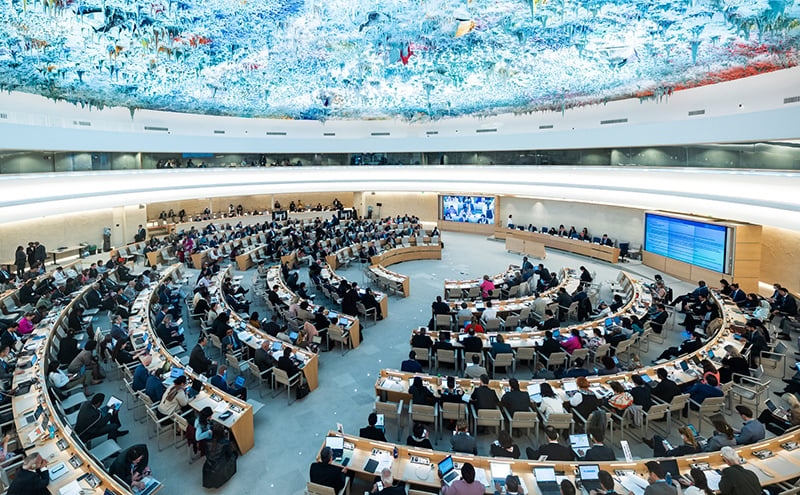By Janis P. Tupesis, MD, FACEP
Chair, ACEP’s International Committee
On May 26, 2023, at the 76th World Health Assembly, member states adopted a resolution on "Integrated emergency, critical and operative care for universal health coverage and protection from health emergencies" (ECO Resolution). It aims to address the need for a comprehensive approach to health service delivery recognizing the interdependence of emergency, primary, critical, and operative care forming the foundation for an integrated emergency care system.
The resolution provides an opportunity for global development of emergency care systems by emphasizing integration and ensuring universal access to quality emergency care services worldwide as a part of the World Health Organization's goal of universal health coverage.
Another major focus is on the importance of integrated planning and implementation of these services to improve efficiency and effectiveness in responding to emergencies and ensuring public health security. Similarly, it recognizes the gaps in emergency care capacity exposed by the COVID-19 pandemic and highlights the need for robust services to prevent avoidable morbidity and mortality. The resolution calls for the inclusion of emergency care in national health policies along with sustainable funding, effective governance, and universal access to needs-based care without discrimination. Finally, it urges member states to conduct assessments, integrate emergency care into health system strategies, promote community engagement, and ensure timely access to care.
ACEP and its members can play a crucial role in implementing the ECO resolution. Our organization, through its International Committee and International Section, has the ability to engage in policy advocacy, collaborating with government agencies to promote workforce development and training and to support equitable access to care. ACEP's commitment to quality can serve as a guide for the development of robust health information systems, advocating for standardized data collection and research initiatives.
Furthermore, ACEP can foster partnerships among emergency care providers, hospitals, primary care providers, and other stakeholders, facilitating knowledge sharing and best practice exchange. ACEP's efforts can drive the implementation of the resolution supporting the global movement towards integrated emergency care and ensuring universal access to high-quality emergency care services. More information about this resolution is available at these links:



